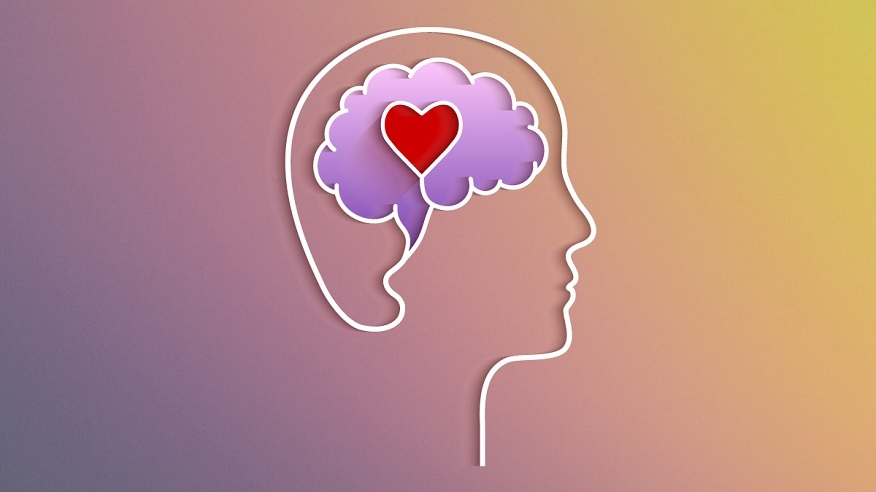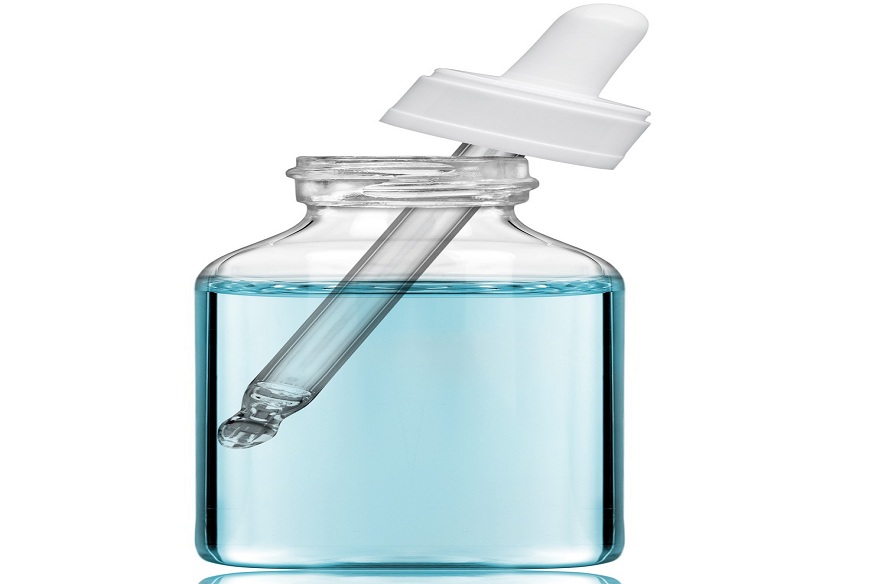Alcohol withdrawal is a potentially dangerous and uncomfortable process that occurs when a person with alcohol addiction stops drinking. Symptoms can range from mild to severe and can vary depending on several factors such as the amount and duration of alcohol use, age, and general health.
There are three primary phases of alcohol withdrawal that people typically experience:
The early phase:
This phase usually begins within 6-12 hours of the last drink and can last up to 48 hours. During this phase, a person may experience symptoms such as anxiety, tremors, nausea, vomiting, insomnia, and headaches.
The acute phase:
This phase typically lasts from 48 to 72 hours after the last drink and can be the most severe. Symptoms during this phase may include hallucinations, seizures, high blood pressure, fever, rapid heart rate, and delirium tremens (DTs).
The post-acute phase:
This phase can last for weeks or even months and can include symptoms such as depression, anxiety, sleep disturbances, and cravings.
It’s essential to note that not everyone will experience all three phases, and some people may experience symptoms that are not typical of these phases.
Safe Management of Alcohol Withdrawal
Alcohol withdrawal is a serious medical condition that requires careful management. Medical professionals can help manage symptoms and provide supportive care during detoxification. People should not attempt to detox from alcohol at home without medical supervision, as the process can be life-threatening.
Safe management of alcohol withdrawal involves a comprehensive approach to minimize the risks and ensure successful recovery. It typically includes medical assessment, monitoring, and treatment of symptoms, as well as emotional support and counseling to address underlying issues that contribute to alcohol abuse.
During alcohol withdrawal, individuals may experience a wide range of symptoms, such as anxiety, insomnia, seizures, and hallucinations. These symptoms can vary in intensity and duration, depending on the severity of alcohol dependence, the duration of alcohol abuse, and other factors such as age, health status, and history of psychiatric disorders.
Conclusion
In conclusion, understanding the phases of alcohol withdrawal is crucial for anyone struggling with alcohol addiction or seeking to support someone who is. Seeking medical help during detoxification can make a significant difference in managing symptoms and reducing the risk of serious complications.





